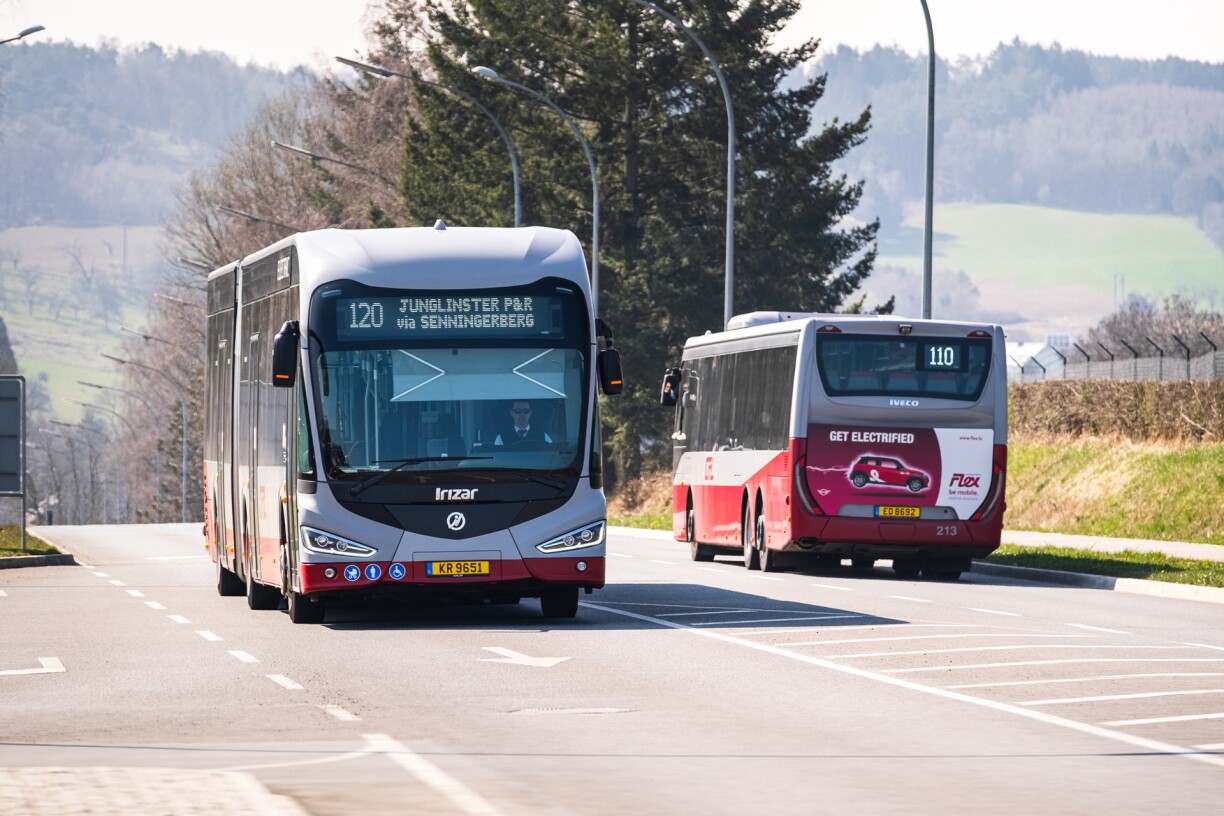
Nearly half (49%) of all new buses sold in Europe in 2024 were zero-emission vehicles – electric or hydrogen-powered – exceeding the targets set by the European Union for bus CO2 standards, according to the NGO Transport and Environment (T&E).
EU regulation stipulate that city buses will have to be zero-emission by 2035. Luxembourg is already well ahead of schedule. “If current growth continues, 100% of new city buses purchased in Europe in 2027 will be zero-emission”, T&E projects.
Several measures have also encouraged the development of electric and hydrogen engines to the detriment of diesel, such as the low-emission zones decreed by municipalities.
However, there are disparities across Europe, T&E notes. In 2024, the bus purchases of three countries were 100% electric. These were the Netherlands, Iceland, and Finland.
Norway and Luxembourg are not far behind, with 99% and 98%, respectively, of new buses registered in 2024 being electric. Estonia stands out for its particularly rapid transition: 84% of new buses in 2024 were electric, compared with 0% in 2023.
France, on the other hand, is lagging behind, with only 33% of city buses registered in 2024 being electric, below the EU average of 46%. One possible explanation for this lag is that some local authorities, such as Ile-de-France, have opted for gas and biogas.
In fact, with 39% of new buses running on gas by 2024, France is one of the main countries to be banking on this alternative energy source. “The high proportion of gas, including biogas, in new bus registrations in France should be closely monitored. It could become a trap for local authorities because it delays their transition to zero-emission technologies”, which could become “costly” in the long term, warns Marie Chéron, in charge of vehicle policies at T&E.
Germany is also lagging behind, with 25% of new buses being electric, whereas Spain (57%) and the UK (56%) – the other major markets for urban buses in Europe – are ahead of the game. At the bottom of the ranking are Greece (9%), Lithuania (5%), Hungary (4%), and Slovakia (0%).